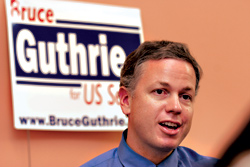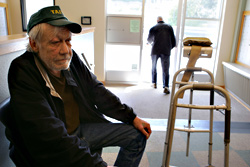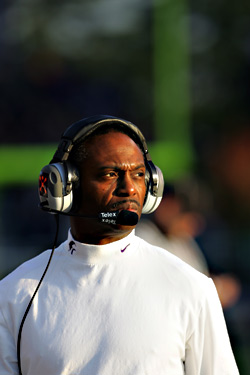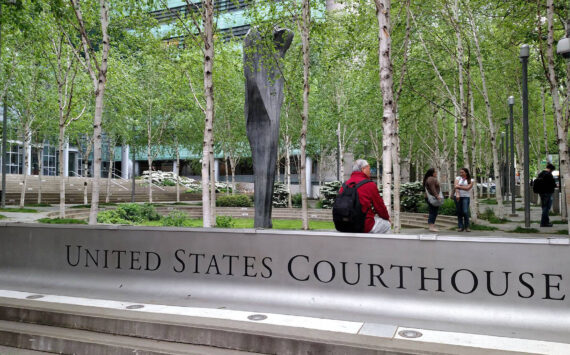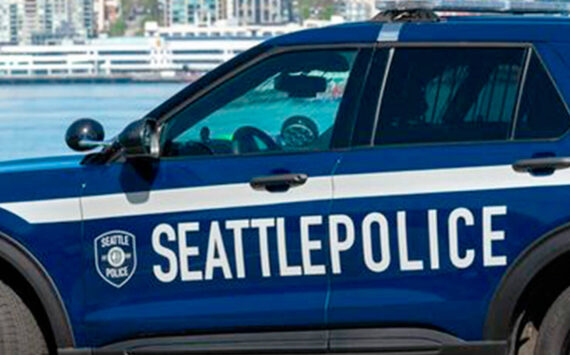In a first for Starbucks, the National Labor Relations Board (NLRB) charged the company with violations of federal law on Nov. 18 in response to complaints filed by the Industrial Workers of the World (IWW), which has waged a yearlong campaign to unionize three coffee shops in New York. In the filing, the NLRB asserted that the 10,500-store Seattle-based chain violated the National Labor Relations Act by engaging in unfair labor practices, specifically citing instances of employees being fired for union activity and Starbucks managers conducting surveillance of and questioning employees about union activities, among other claims.
Daniel Gross, an IWW organizer and Starbucks barista in New York, says the union wants to organize workers so they can get a guaranteed 30 hours of work a week to make ends meet in pricey Manhattan. “Starbucks has been breaking the law nonstop,” he says, referring to what he characterizes as union-busting activity by the company. Gross says company managers monitored employees through a camera at one Manhattan location. The IWW campaign is the first attempt to unionize the latte behemoth’s employees in the U.S. In Vancouver, B.C., 10 Starbucks stores are unionized. Company sales for fiscal 2005 amounted to $6.4 billion.
“We believe we’ve acted fairly and lawfully in every aspect of the campaign,” says Audrey Lincroff, a company spokesperson. She declined to answer questions about specific charges in the complaint, which she says the company plans to defend against at a hearing Feb. 7 in New York.
Whatever the outcome, nothing has been coming between Starbucks and, well, more Starbucks outlets in recent years. In 1999, the company had 2,000 stores worldwide. It’s now adding stores at the rate of five a day, or 1,800 a year, and is in 37 countries, as CEO Howard Schultz recently bragged on national television. Schultz himself stopped in at one of the New York stores this past summer, according to Gross, who was in the store at the time. “I challenged him to sit down and talk,” Gross says. “He said ‘no’ and walked away, visibly nervous.”
Schultz might have good reason to be nervous: the nonunion company has more than 100,000 employees.
